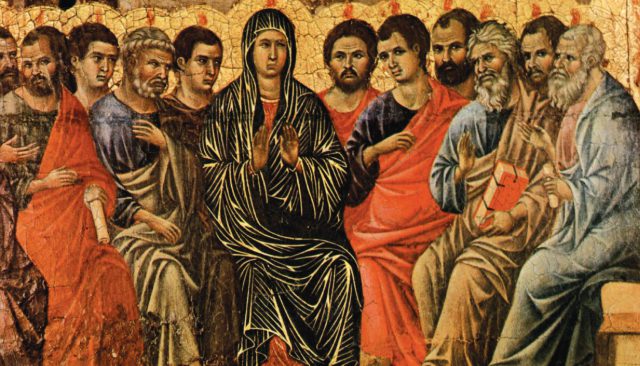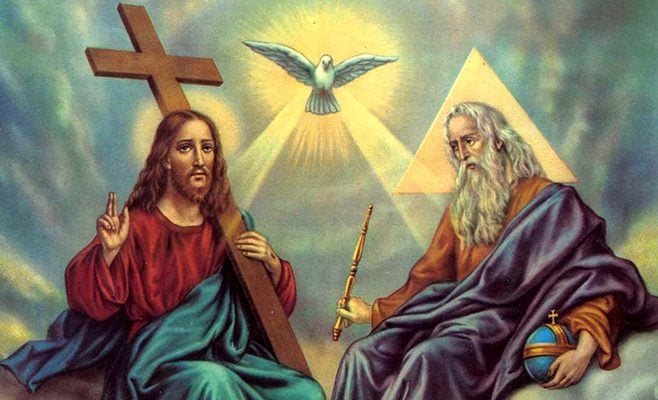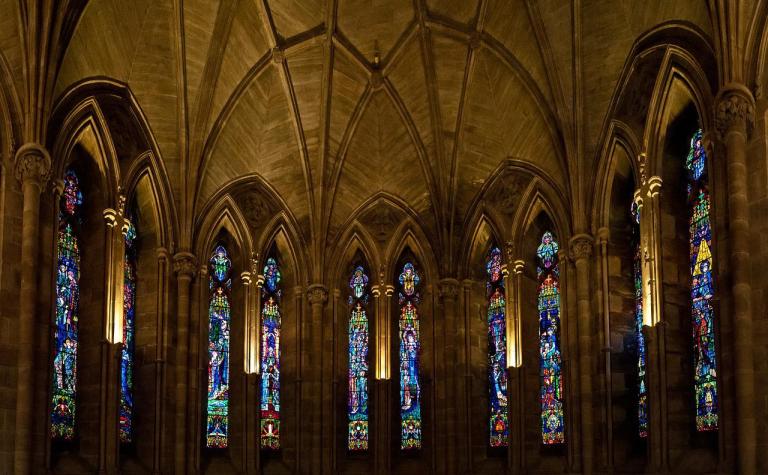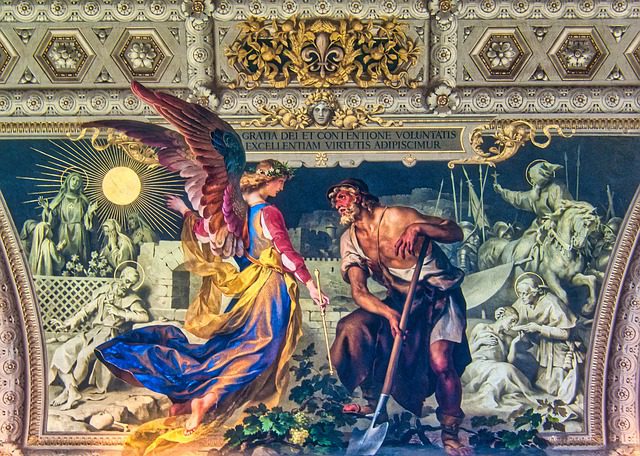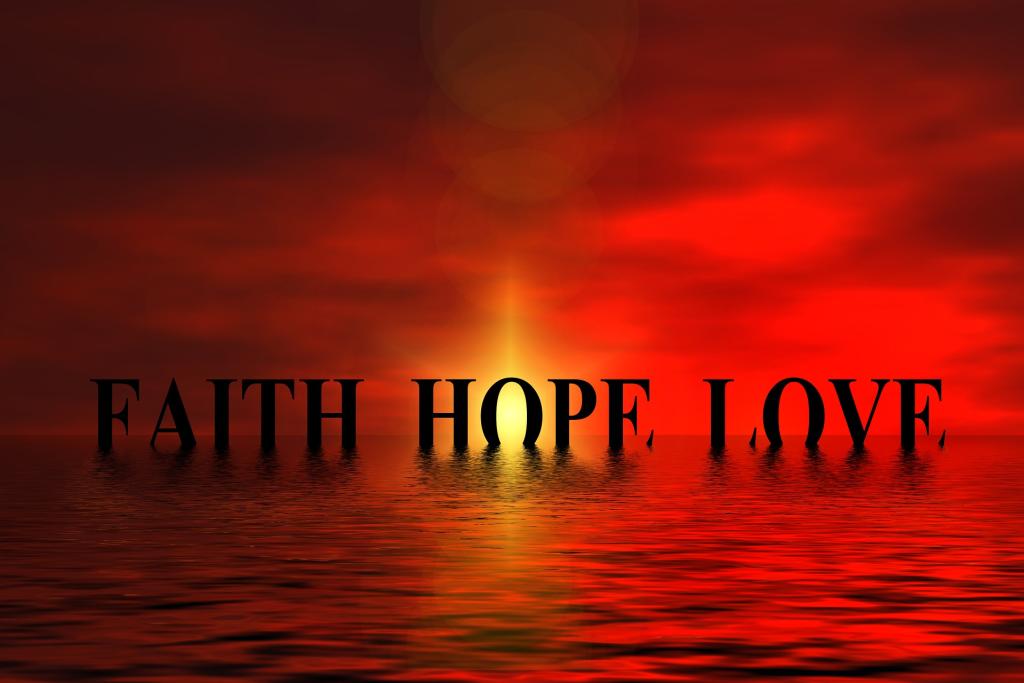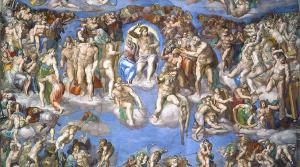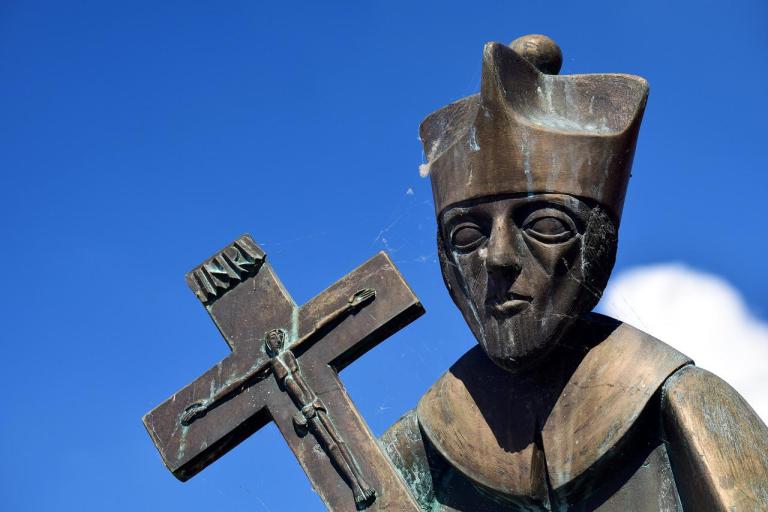This paper is the third and final in a series on the Creeds of the Catholic Church. I have previously expounded on the Apostles and Nicene Creeds. The third is the Athanasian Creed. In this work, I will provide a history of the Creed and the text itself. Lastly, I will endeavor to analyze the Athanasian Creed. History And Purpose Of The Creed The purpose of the Athanasian Creed is to summarize those essential doctrines for salvation affirmed by the... Read more



